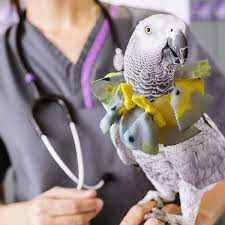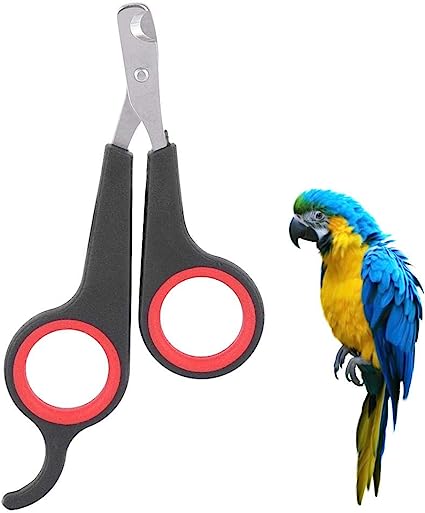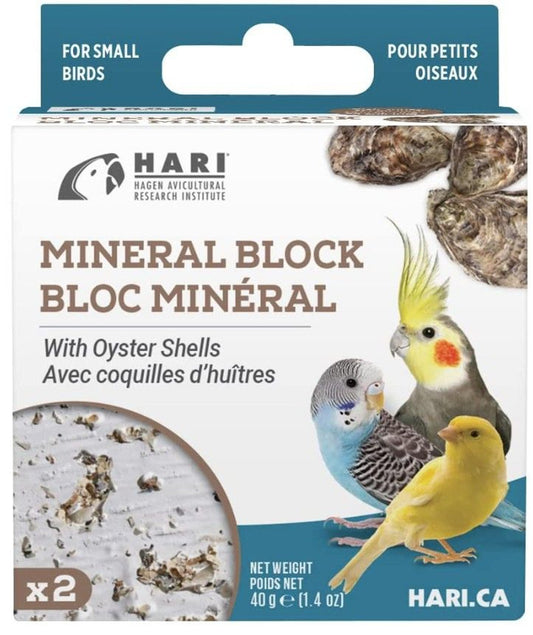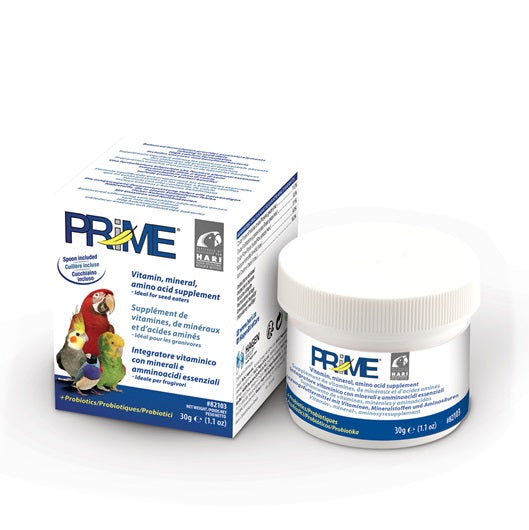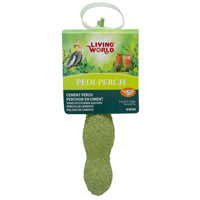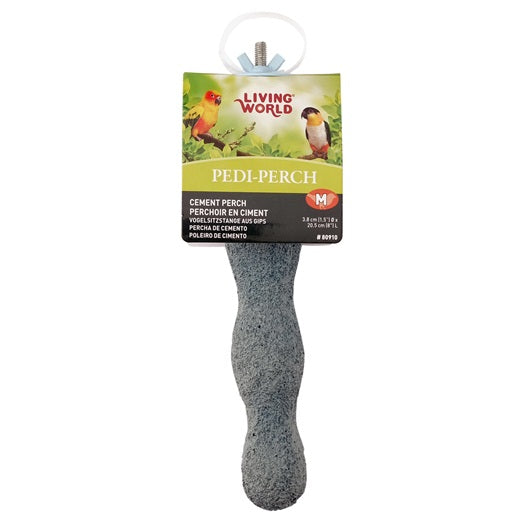
https://theurbanzoo.myshopify.com/products/care-of-your-bird-boarding
Welcoming a pet bird into your home is a delightful experience that requires attention, care, and a deep understanding of their unique needs. Pet birds bring color, charm, and companionship to our lives, but it's important to provide them with a nurturing environment to ensure their physical and emotional well-being. This article serves as a comprehensive guide to help you care for your feathered friend and build a strong bond based on trust and mutual happiness. 
- Create a Safe and Stimulating Environment:
Bird-proofing your home is crucial to ensure the safety of your pet. Remove toxic plants, secure windows and doors, and keep harmful substances out of reach. Provide a spacious and well-ventilated cage that allows your bird to spread its wings comfortably. Include perches of different sizes and textures, along with toys and puzzles to promote mental stimulation and physical exercise.
2. Balanced Nutrition:
A nutritious and balanced diet is essential for the health of your pet bird. Consult a veterinarian or avian specialist to determine the appropriate diet for your bird species. Generally, a mix of high-quality bird pellets, fresh fruits, vegetables, and occasional treats like seeds can provide the necessary nutrients. Fresh water should be available at all times, and food and water bowls should be cleaned regularly.
- Social Interaction and Mental Stimulation:

https://theurbanzoo.myshopify.com/products/nail-trimming-bird
Birds are highly social creatures and thrive on social interaction. Spend time with your bird daily, engaging in activities such as talking, whistling, and gentle handling. Provide mental stimulation through puzzle toys, foraging opportunities, and interactive games to prevent boredom and encourage natural behaviors. Consider having more than one bird if appropriate for the species, as some birds require avian companionship for optimal well-being.
- Regular Veterinary Care:
Find an avian veterinarian experienced in treating birds and schedule regular check-ups. Routine veterinary visits are essential to monitor your bird's health, identify any potential issues early on, and receive guidance on nutrition, grooming, and parasite prevention. Stay up to date on vaccinations and follow the veterinarian's advice regarding health and wellness practices specific to your bird's species. 
- Hygiene and Grooming:
Maintaining proper hygiene is vital for your bird's well-being. Clean the cage regularly, removing droppings, uneaten food, and debris. Provide regular baths or mist your bird with a spray bottle to ensure proper feather health and cleanliness. Trim your bird's nails and beak as necessary, or seek professional help to ensure safe grooming practices.
- Exercise and Flight:
Birds require regular exercise and flight to stay healthy and happy. Allow supervised out-of-cage time in a safe and secure area, ensuring there are no hazards such as open windows or other pets. Encourage flight within the confines of a bird-safe space to promote muscle development and mental stimulation.
- Observing Behavior and Health:
Pay close attention to your bird's behavior, as changes can indicate underlying health issues. Signs of illness include loss of appetite, lethargy, changes in droppings, abnormal breathing, feather plucking, or aggression. If you notice any unusual behavior, consult a veterinarian immediately, as birds are known to hide signs of illness until they are seriously ill.
Caring for a pet bird is a responsibility that requires knowledge, dedication, and genuine affection. By providing a safe environment, a balanced diet, social interaction, regular veterinary care, and proper grooming, you can ensure your feathered companion thrives physically and emotionally. Remember, each bird species has its unique requirements, so research and understanding specific to your bird's needs is crucial. By investing time and effort into your bird's care, you'll create a nurturing and fulfilling relationship that will bring joy
https://theurbanzoo.myshopify.com/products/care-of-your-bird-boarding

